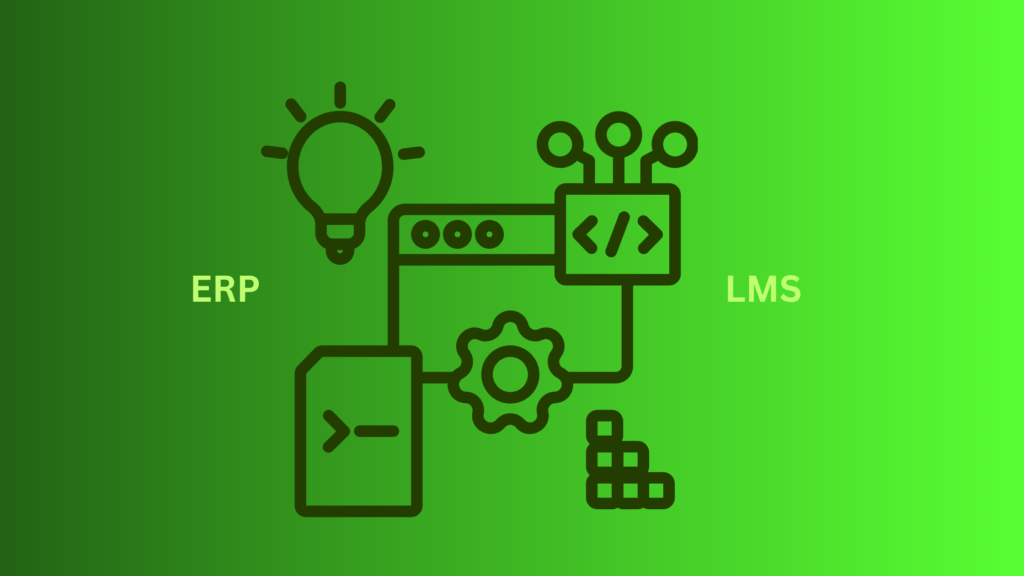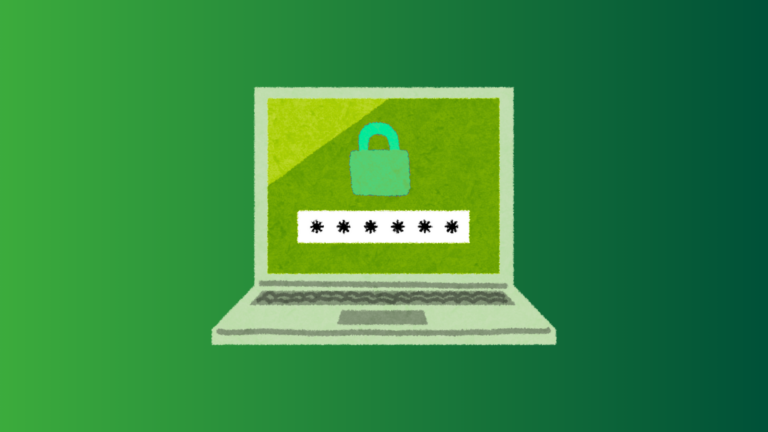In 2025, organizations are no longer treating learning systems and business systems as separate worlds. Integrating an ERP (Enterprise Resource Planning) system with a Learning Management System (LMS) creates a unified, data-driven ecosystem where training, operations, and performance all work together.
This integration transforms learning into a strategic advantage, improving efficiency, compliance, and overall business outcomes.
Why ERP–LMS Integration Matters
An LMS helps manage training and development, while an ERP handles business processes like HR, finance, and resource management. When the two connect, information flows seamlessly between learning and operations, creating a complete view of performance, people, and productivity.
1. Enhanced Administrative Efficiency
Routine tasks like scheduling, attendance, reporting, and even fee management can be automated. With ERP–LMS integration, administrators save valuable time, educators focus more on teaching, and learners experience smoother, faster processes.
2. Streamlined Communication
Integration ensures that all learners, instructors, and administrators stay aligned. Notifications, announcements, and updates flow automatically through a centralized system, improving transparency and engagement.
3. Improved Data Management
Instead of managing multiple databases, a unified ERP–LMS system ensures accuracy and consistency across departments. Educators and leaders can easily access real-time data on learner performance, resource allocation, and financials, leading to better decision-making.
4. Better User Experience
With Single Sign-On (SSO) and automated provisioning, learners can log in once to access all their learning and administrative resources. It’s simpler, faster, and increases adoption and satisfaction.
5. Personalized Learning and Smart Resource Use
ERP data helps personalize learning paths based on role, performance, or department goals. Combined with LMS delivery, it enables digital-first training that scales efficiently without adding infrastructure costs.
6. Stronger Compliance and Risk Management
For industries that depend on regulatory training, ERP–LMS integration ensures compliance tasks are tracked automatically. Certificates, renewals, and audits are managed seamlessly, reducing risk and ensuring everyone stays certified.
7. Rich Analytics and Business Alignment
Integrated analytics combine learning data with performance KPIs, allowing businesses to measure how training impacts revenue, retention, and productivity. Learning becomes a measurable driver of growth, not just an expense.
8. Collaboration and Innovation
When ERP and LMS platforms share insights, teams collaborate better and innovate faster. This fosters knowledge exchange, supports hybrid learning, and drives continuous improvement across departments.
Conclusion: Power Business and Learning Together with Acadle
ERP–LMS integration is no longer optional. It’s essential for organizations that want to align learning with performance and strategy.
Acadle makes this transformation simple. With powerful integrations, Single Sign-On (SSO), automation, and advanced analytics, Acadle connects learning with real-time business operations. Whether you’re a school, SaaS company, or enterprise, Acadle helps you centralize data, automate processes, and deliver training that drives results.
👉 Start your free Acadle trial today and see how effortless integration can turn your LMS into a growth engine.



